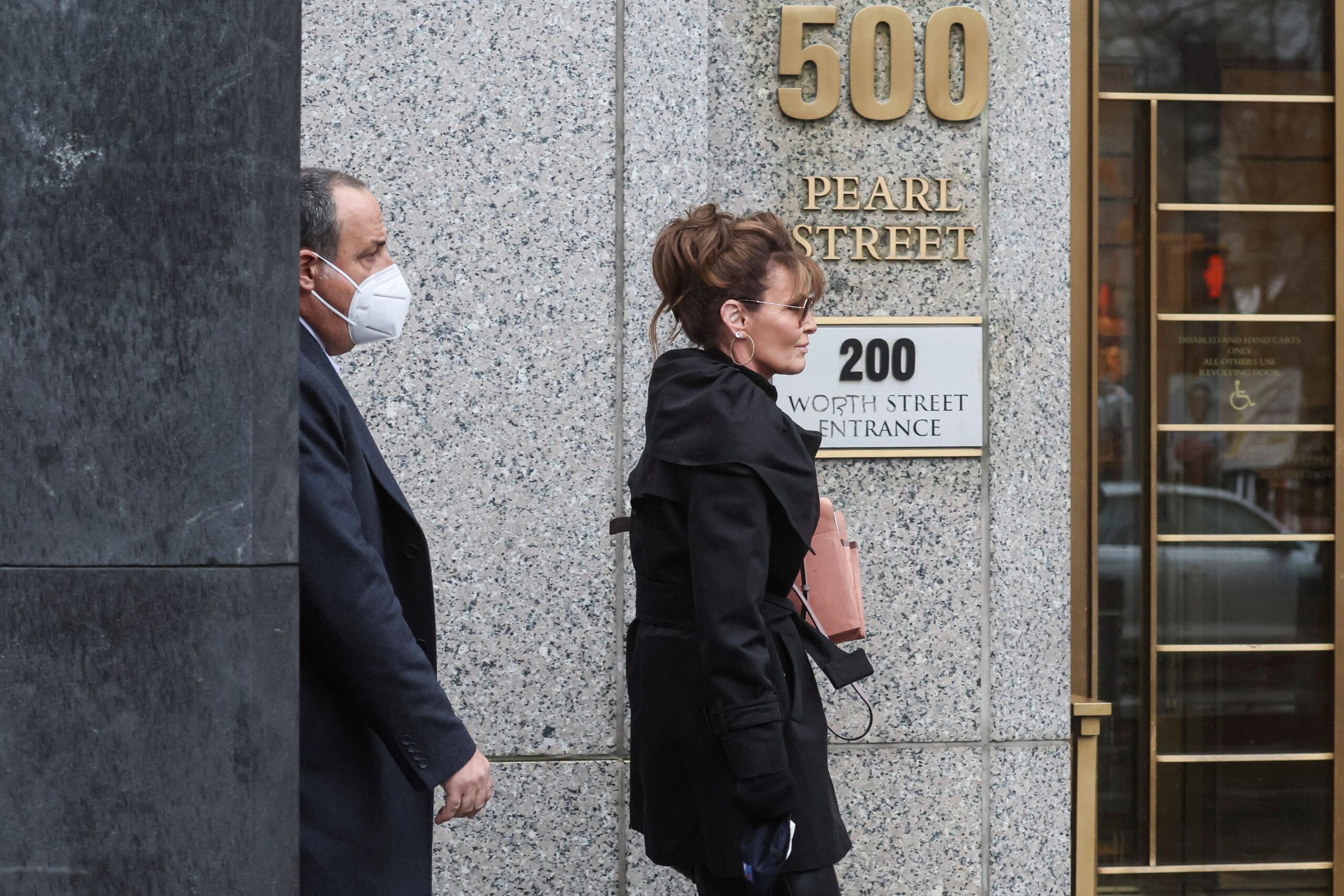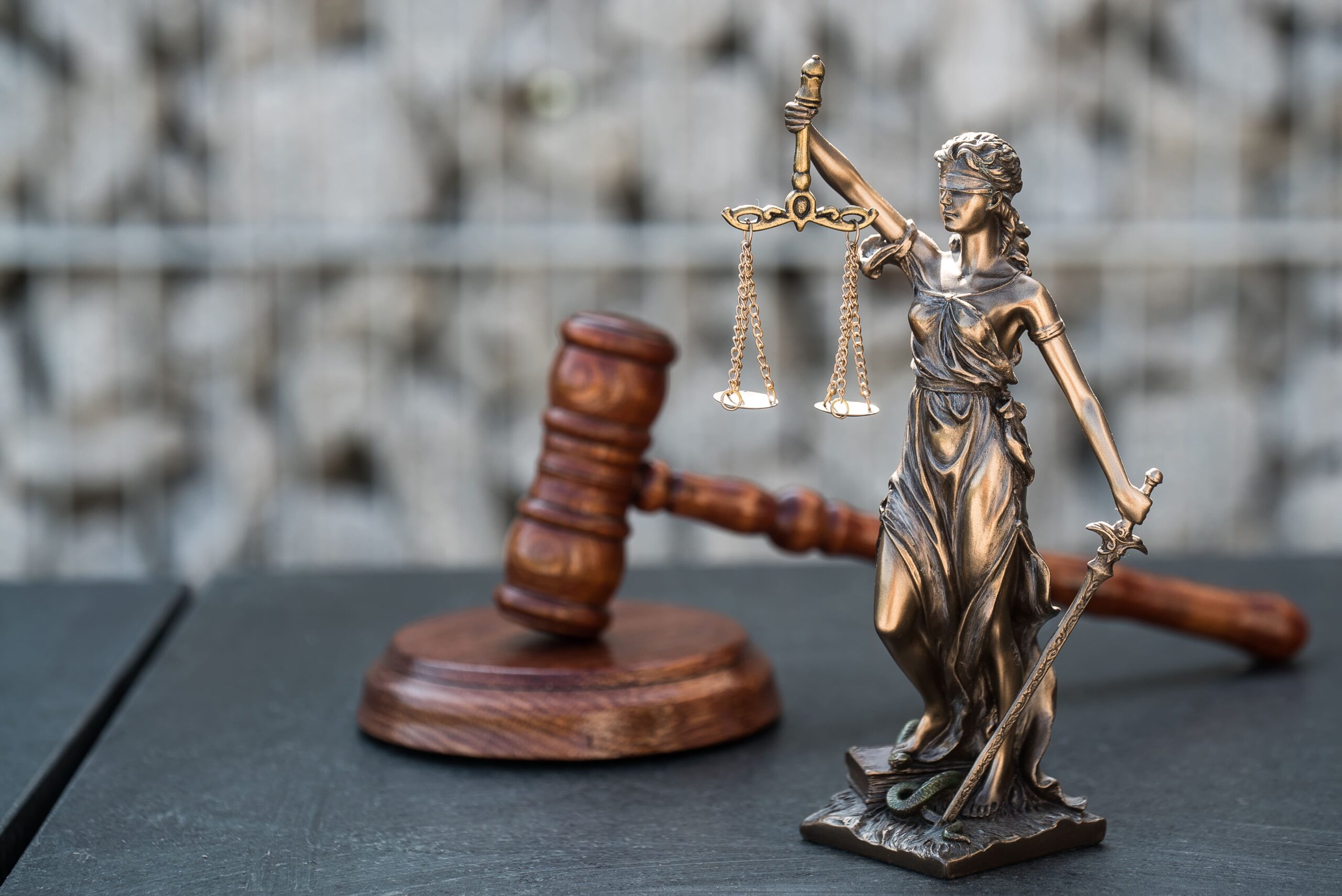Federal Judge Orders January 6 Lawsuits Against Trump to Move Forward
A judge for the U.S. District Court for the District of Columbia ruled on February 18th that three civil lawsuits aimed at holding former president Donald Trump accountable for the deadly attack on the Capitol can move forward. Trump had sought to dismiss the lawsuits, claiming, in part, that the First Amendment bars the plaintiffs from suing him, and that his conduct was protected because he was a sitting president at the time.
Appeals Court Rules Florida Licensing Law Doesn’t Violate the First Amendment
A federal appeals court ruled that a Florida law that requires individuals to be licensed in order to dispense dietary advice doesn’t violate the First Amendment. Heather Kokesch Del Castillo, who calls herself a “holistic health coach,” sued the state, claiming that Florida’s Dietetics and Nutrition Practice Act violates her free speech rights to give advice to her clients.
Jury Dismisses Sarah Palin’s Defamation Claim Against the NY Times
On February 15th, a jury in the District Court for the Southern District of New York, dismissed a defamation lawsuit brought by Sarah Palin, a former governor of Alaska and vice presidential candidate in 2008, against The New York Times. The decision came a day before U.S. District Judge Jed Rakoff said that he planned to dismiss the suit if the jury sided with Palin. Rakoff maintained that Palin’s lawyers were unable to prove the newspaper published with “actual malice” when it incorrectly linked her to a mass shooting in a Times editorial.
Will a Supreme Court Decision Bring Clarity to the Government Speech Doctrine?
A pending case before the United States Supreme Court about flags and flagpoles could determine two crucial questions for First Amendment law: (1) who is speaking—the government or an individual; and (2) when does the government create an open forum for freedom of expression.
Trial in Palin’s Defamation Suit Against the New York Times Begins
A defamation lawsuit brought by Sarah Palin against the New York Times began on February 3rd. Palin sued the newspaper in 2017 for an editorial that she alleges incorrectly linked her and her political action committee (PAC) to the 2011 mass shooting that left six people dead and 14 people wounded, including Representative Gabby Giffords of Arizona.
University of Florida Can’t Block Professors from Testifying Against the State, Judge Rules
A federal judge ruled on January 21st that the University of Florida cannot bar faculty members from testifying against the state in a voting-rights case. In late October of 2021, the university came under fire when it blocked three political science professors from serving as expert witnesses in the voting-right case, claiming it violated the university’s conflict of interest policies.
Smartmatic Sues MyPillow CEO Mike Lindell for Defamation
Smartmatic, a voting technology company, sued MyPillow CEO Mike Lindell for defamation on January 18th. The suit, filed in the United States District Court for the District of Minnesota, begins, “Crazy like a fox. Mike Lindell know exactly what he is doing, and it is dangerous.”
Professor at a Public University Suspended for Profanity-Laden Video Sues for Free Speech Violations
A professor at a public university in Michigan was suspended with pay after posting a profanity-laced video to his incoming students. Professor Barry Mehler, a history professor at Ferris State University, posted the 14-minute long video that begins with him wearing an astronaut helmet over a face mask, and tells his students they are “vectors of disease,” and that “it is dangerous to breathe the air.”







